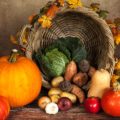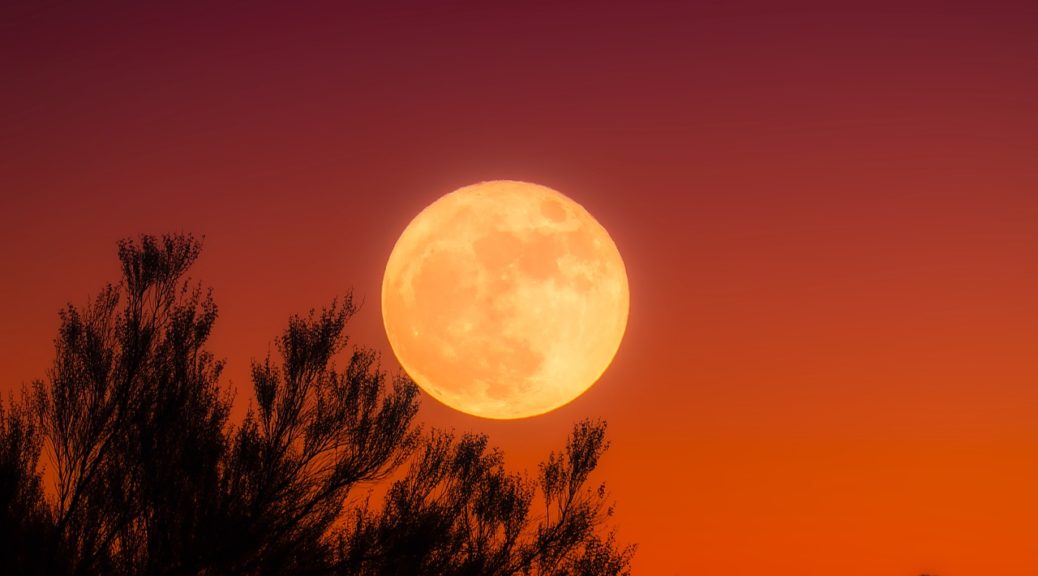
The Month of Haustmánuður
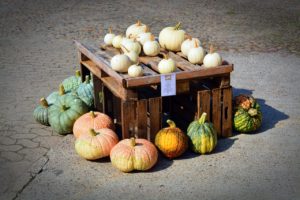 I was checking out a site on the Viking Age and ran across an old Norse calendar. For all intents and purposes, the month we’re in is Haustmánuður, and it was considered the last month of summer. Apparently our Nordic ancestors divided the year into summer and winter, rather than the four seasons like we do now. They also followed the lunar calendar, going either from new moon to new moon or full moon to full moon. This month, Haustmánuður, is the Harvest Month. It is considered the last month of the Nordic calendar.
I was checking out a site on the Viking Age and ran across an old Norse calendar. For all intents and purposes, the month we’re in is Haustmánuður, and it was considered the last month of summer. Apparently our Nordic ancestors divided the year into summer and winter, rather than the four seasons like we do now. They also followed the lunar calendar, going either from new moon to new moon or full moon to full moon. This month, Haustmánuður, is the Harvest Month. It is considered the last month of the Nordic calendar.
When Did the Harvest Month Haustmánuður Occur?
According to the Icelandic Wikipedia, Haustmánuður comes on the 23rd week of summer on a Thursday, which puts it roughly between the 21st and the 27th of September. In 2019, that puts Haustmánuður on September 26th. If we go with the full moon lunar cycle, that would put the full moon in September at September 14th. The new moon lunar cycle starts Haustmánuður on September 28th, which would make Yule that much closer to the Winter Solstice.
Why the Harvest Month?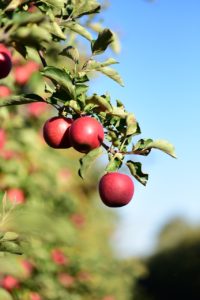
You may have noticed that the Viking Age Norse tended to put a lot of stock in harvests and planting. Despite the Vikings’ fearsome reputation, most Nordic peoples were farmers, looking to eek out a living in a very harsh climate. Since the weather was either warm or cold, they needed to grow all their crops during the “summer” months to prepare for the brutally hard winter. Harvest was important to the Northern peoples because if you didn’t get enough put up for the winter, chances are you would starve. So, harvest became an important time, and our harvest gods were just as important. A good harvest meant everyone could eat and hopefully survive the winter. A bad harvest meant that you’d be lucky enough to see the spring. So, harvest festivals were important because they celebrated a good harvest and gave thanks to the deities who blessed the farmer with the harvest’s bounty.
Making Harvest Relevant Today
At this point, you’re probably thinking that harvest isn’t as applicable as it was even 100 years ago. And to a certain extent, you’d be right. Most people can go to their local supermarket and buy whatever it is they need, regardless of whether or not it’s in season where they live. The economy has become global, with being able to buy just about anything from anywhere. It might be fall in the Northern Hemisphere, but in the Summer Hemisphere, it’s Spring. Hothouses allow growing plants throughout the year. You no longer have to wait for slaughter time to get meat to put up. Hel, you don’t even have to store food for the upcoming winter months. So, how can we make Haustmánuður and Winter Finding relevant?
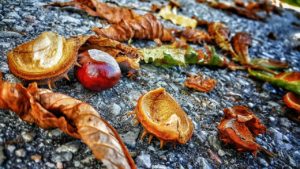 If you grow even some of your own food, you may have a sense as to when it’s time to harvest your garden before the upcoming frost. Don’t let that food go to waste; can, freeze, or dehydrate it so that you can use it in the upcoming winter months. If you don’t have a garden, you can still buy local foods from your farmer’s market and celebrate their harvest with your own feast. Be glad that there are farmers who provide food for you, because without them, you would starve. Even if you can’t have a feast that is made up of local foods, just having some in your meal will put you in touch with both the seasons and your ancestors.
If you grow even some of your own food, you may have a sense as to when it’s time to harvest your garden before the upcoming frost. Don’t let that food go to waste; can, freeze, or dehydrate it so that you can use it in the upcoming winter months. If you don’t have a garden, you can still buy local foods from your farmer’s market and celebrate their harvest with your own feast. Be glad that there are farmers who provide food for you, because without them, you would starve. Even if you can’t have a feast that is made up of local foods, just having some in your meal will put you in touch with both the seasons and your ancestors.
Don’t Forget to Thank the Harvest Gods and Goddesses in Haustmánuður
During Haustmánuður, hold a blot for those gods and goddesses who blessed the harvest. Freyr, Freyja, Sif, Thor, and Gerðr are all deities of the harvest and we should thank them for the bounty. We should also thank the wights and the farmers; without them, there would be no harvest. We should also thank our ancestors for their knowledge and their perseverance in growing crops, because without their skills, they would not have survived and we would not be here.
Enjoy Haustmánuður and Winter Finding, my friends!

